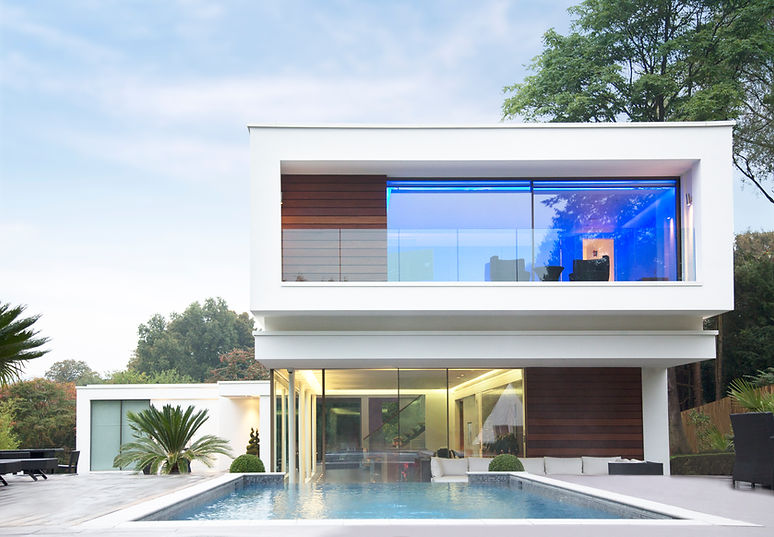top of page

FAQs
Buying Property in Australia
Frequently asked questions
Disclaimer:
The information provided on this website is for general reference only. Figures such as loan-to-value ratios, interest rates, costs, and property prices mentioned here may change over time. Please refer to the official websites of relevant institutions for the most up-to-date and accurate information. Before making any financial, investment, or lending decisions, we recommend consulting with a qualified professional.
bottom of page
